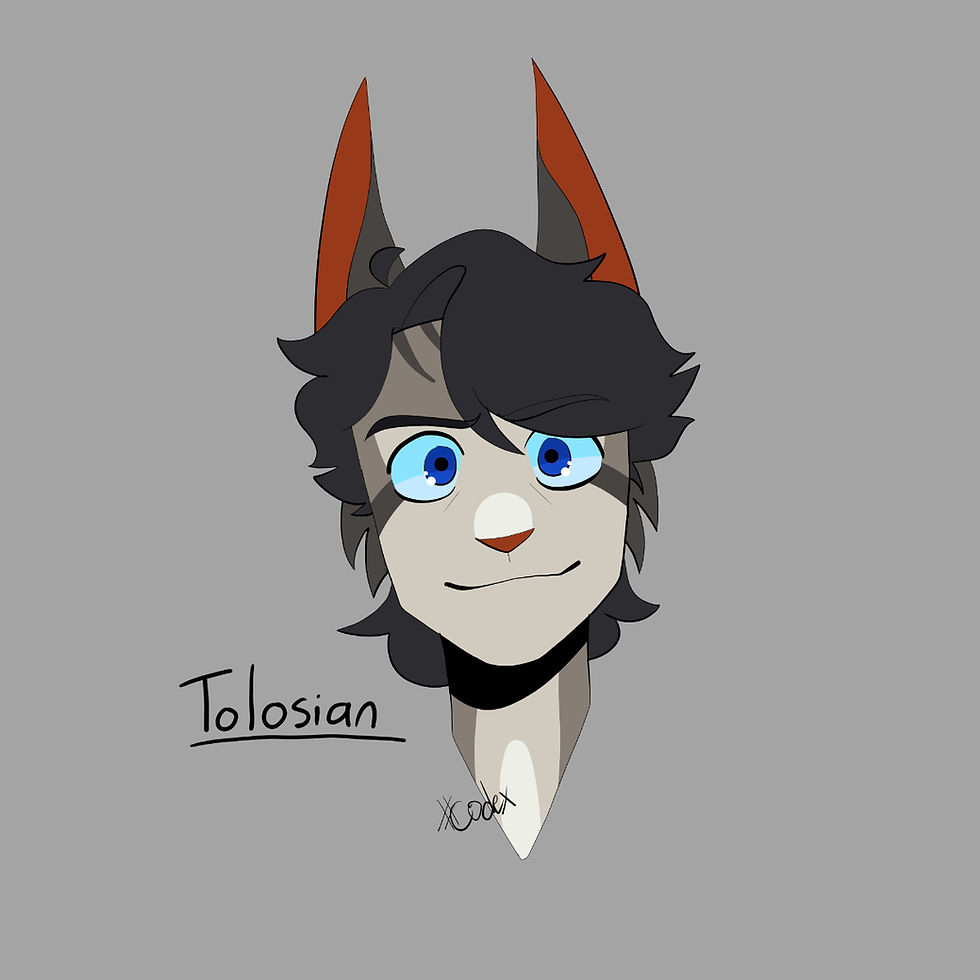Navigating Stereotypes of Giftedness: Understanding Why "Different" Children are Often Overlooked
- Leeyanne Moore

- Feb 6, 2023
- 3 min read
Updated: Mar 1, 2024
Some parents may cherish the hope their child is gifted while other parents seem to stumble over the fact. They are surprised to discover their child is special because he/she/they doesn’t fit in typical, gifted stereotypes.
For instance, at one point my friend said of her child, who was in first grade, something like, “I don’t know what to do. She’s finishing the work they’re given her in school so rapidly that she gets impatient. Sometimes she even calls out, ‘This work is so easy. Why is everyone taking so long?’ ” This child had read all of the Harry Potter books and had even written an entire book about butterflies—and she was still really, really young. (I think she was under the age of seven.) This child turned out to be highly gifted, yet even so, the parent needed a nudge.
Why? Was it because, at that time, her child gendered female? Was it because her child loved acting and dress up more than math and science? Most of us have vague pre-conceptions or stereotypes of what it means to be gifted or a budding genius. If your child doesn’t fit the list below, this may be one reason why you’ve overlooked the possibility of your child’s giftedness.
Here are some of the stereotypes of genius that are engrained in popular media and literature:
Appearance:
· White
· Male
· Skinny
Social Behaviors:
· Dorky, Socially Awkward, Shy, Withdrawn, Introverted
· Compliant with authority figures/adults
· Hard to Comprehend
· Temperamental, high strung
· Reliable
Performance Behaviors:
· Goal Oriented
· Completes all homework/tasks with ease
· Clean, tidy, OCD
Interests:
· Math & Science Oriented
· Music
· Things involving the indoors – OR science based outdoor manmade things: rockets, cars,
machines
Acknowledgements:
· Teachers, etc, remark that student is “very special” “one of a kind” “very advanced”
My friend’s child was bi-racial, gendered female, creative, social, and cheery. The truth is this: if your child doesn’t fit into our gifted or ‘genius’ stereotypes everyone may miss it. You may not recognize it, the teachers may miss it, and worst of all your child may grow up knowing they’re different but never just quite sure why.
Giftedness can show itself in many shapes and forms.
This is a really good site that will help you recognize qualities your child may have apart from how they’re doing at school:
Here are some links that discuss how giftedness may not fit the ‘genius’ box we’ve
come to expect:
Mind over Matter podcast: on how often we don’t recognize POC kids and queer kids as gifted: https://www.youtube.com/watch?v=9KRiJwlDIT0
The truth is that many, many kids who are gifted can also be special needs in different
ways. These kids are called twice exceptional or 2E for short. Some may have ADHD, some may be on the autism spectrum and some may have other issues that haven’t been
identified—although everyone is clear that the child is very bright, but not performing easily.
Kids who seem perfectly bright but it takes them forever to get something done—they
may have slow processing (and not necessarily just ADHD):
Processing Speed & The Neuro Diversity Podcast: https://www.youtube.com/watch?v=ysicwgrMeI8
Conclusion: Exceptional kids and teens can look and feel different from what we see on TV, movies, and books. Because of this, their special talents can be overlooked by schools and parents. They can be mentally gifted in some way, but also have other issues at play as well. That’s the point; they feel different from normal.
While I can help you understand if your child is exceptional when it comes to writing,
you may need professional help to figure it out if your child is exceptional in other academic and artistic ways as well.
Please follow my blog as I cover this topic in detail—not only why it’s important to
understand the specific needs of your gifted child, but examples I present from a long list of
teaching experiences.





Comments